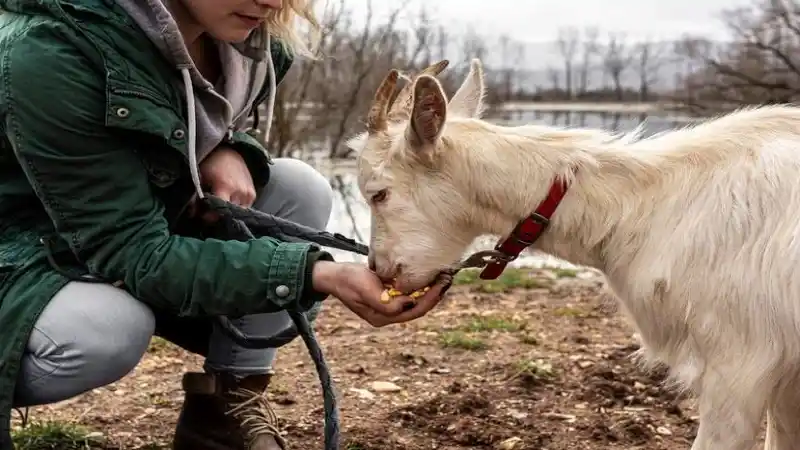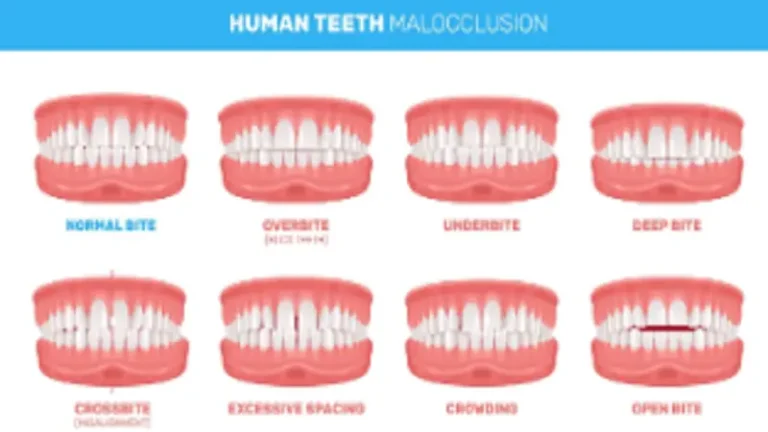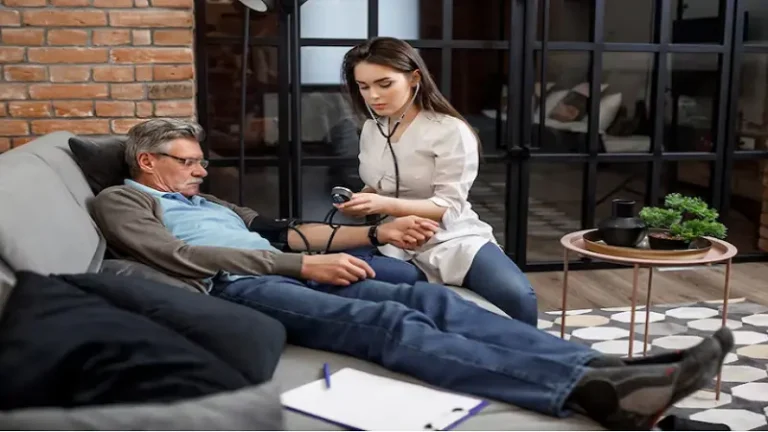The Benefits of Equine Therapy in Alcohol Use Disorder Treatment
Equine therapy offers unique benefits that complement traditional alcohol use disorder treatment. Horses’ ability to sense emotions and respond to human behaviors in real time makes them exceptional therapeutic partners. Here are some key advantages of incorporating equine therapy into the treatment plan for alcohol use disorder:
Emotional Regulation
People struggling with alcohol use disorder often experience difficulty managing their emotions. With alcohol, other related addictions might eventually affect an individual. If he or she is addicted to gambling, then it is advised to get gambling addiction help instantly. Horses, being highly intuitive animals, reflect the emotions of those interacting with them. If a person is anxious or angry, the horse will respond by becoming agitated. This immediate feedback encourages individuals to recognize their emotional states and learn to regulate them, which is essential in alcohol use disorder treatment.
Building Trust
Many individuals with alcohol use disorder have trust issues stemming from personal experiences or relationships damaged by their addiction. Interacting with horses requires building trust, as these animals are sensitive to human intentions. Establishing a bond with a horse can teach individuals about trust, empathy, and emotional vulnerability, which are often missing in the lives of those battling addiction.
Non-Judgmental Feedback
Horses do not judge individuals based on their past mistakes or future anxieties. This non-judgmental feedback can be incredibly healing for those who feel burdened by guilt and shame, common emotions experienced by people with alcohol use disorder. In equine therapy, individuals can practice self-forgiveness and gain a renewed sense of self-worth, which plays a significant role in long-term alcohol use disorder treatment success.
Enhancing Communication Skills
Alcohol use disorder often impairs an individual’s ability to communicate effectively. Interacting with horses requires clear and consistent communication, which can help patients develop better interpersonal skills. Learning to communicate with an animal as large and powerful as a horse also builds confidence, further reinforcing the importance of effective communication in the recovery process.
How Equine Therapy Complements Traditional Treatments
Equine therapy is not a standalone solution but works best when combined with other treatment modalities. Cognitive-behavioral therapy (CBT), individual counseling, and support groups remain vital aspects of alcohol use disorder treatment. However, equine therapy can accelerate progress by providing patients with experiential learning opportunities that complement their mental and emotional growth.
For example, many individuals in alcohol use disorder treatment struggle with feelings of isolation and disconnection. Traditional therapy sessions may take time to break through these emotional barriers. However, working with horses provides an immediate sense of connection, as the animal reacts to the person’s presence and behavior. This real-time feedback can help patients quickly build emotional awareness, which they can then apply to their relationships and social interactions.
Equine therapy offers a unique and effective way to support individuals in alcohol use disorder treatment. By providing emotional regulation, building trust, offering non-judgmental feedback, and enhancing communication skills, this therapeutic approach can accelerate recovery and complement traditional treatments. While it may not be a fit for everyone, equine therapy is increasingly recognized as a valuable component in the comprehensive treatment of alcohol use disorder. For those seeking a holistic, experiential approach to recovery, equine therapy provides a promising path toward healing.






